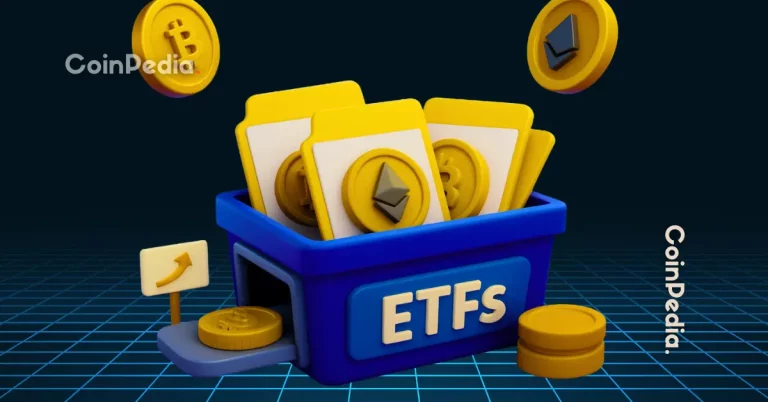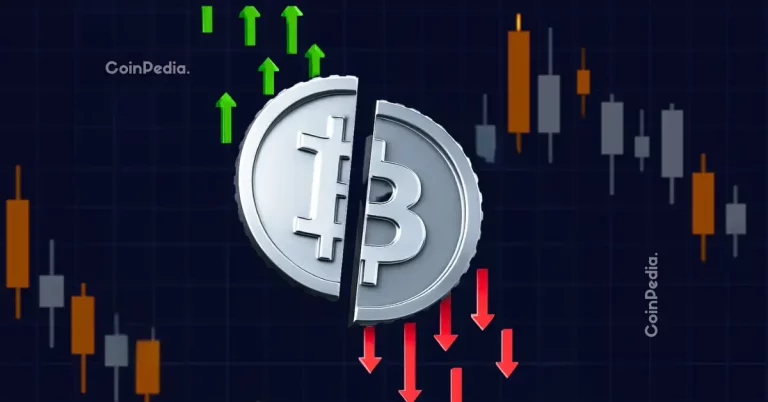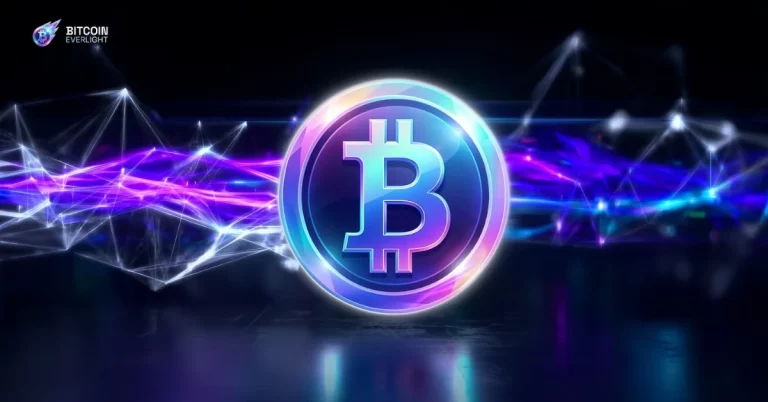
Navigating the Future: Emerging Trends in Fintech Technology
Fintech, or financial technology, is a term used to describe the intersection of finance and technology. It refers to the use of technology to improve and automate financial services, making them more accessible, efficient, and cost-effective. Fintech is a rapidly growing industry, with new trends and technologies emerging every day. In this article, we will explore the latest developments in fintech and how they are shaping the future of finance.
Section 1: Introduction to Fintech

The fintech industry has come a long way since its inception. From simple online banking systems to complex artificial intelligence-powered trading platforms, fintech has revolutionized the way we manage our finances. Today, fintech is a global phenomenon, with start-ups and established companies alike investing heavily in research and development. The result is a plethora of innovative products and services that are changing the face of finance.
Section 2: Emerging Trends in Fintech

So, what are the emerging trends in fintech? Some of the most significant developments include:
- Blockchain technology: Blockchain is a distributed ledger technology that enables secure, transparent, and tamper-proof transactions. It has the potential to revolutionize the way we make payments, transfer assets, and verify identities.
- Artificial intelligence: AI is being used in fintech to develop personalized financial advisors, automate trading decisions, and detect fraud. It has the potential to make financial services more efficient, effective, and accessible.
- Mobile payments: Mobile payments are becoming increasingly popular, with the rise of contactless payments, mobile wallets, and peer-to-peer payment apps. They offer a convenient, secure, and fast way to make transactions.
- Robo-advisors: Robo-advisors are automated investment platforms that use algorithms to provide personalized investment advice. They offer a low-cost, efficient, and transparent way to invest in the stock market.
Section 3: The Future of Fintech

So, what does the future hold for fintech? Some of the most exciting developments on the horizon include:
- Quantum computing: Quantum computing has the potential to revolutionize the way we process financial data, enabling faster, more secure, and more efficient transactions.
- Internet of Things (IoT): The IoT refers to the network of physical devices, vehicles, and other items that are embedded with sensors, software, and connectivity. It has the potential to enable new forms of payment, such as pay-per-use models and smart contracts.
- Biometric authentication: Biometric authentication, such as facial recognition and fingerprint scanning, is becoming increasingly popular in fintech. It offers a secure, convenient, and efficient way to verify identities.
Section 4: Conclusion

In conclusion, the fintech industry is rapidly evolving, with new trends and technologies emerging every day. From blockchain and AI to mobile payments and robo-advisors, the future of finance is looking increasingly digital, efficient, and accessible. As we navigate the future of fintech, it is essential to stay ahead of the curve, embracing innovation and disruption. By doing so, we can unlock the full potential of fintech and create a more secure, efficient, and prosperous financial system for all.






